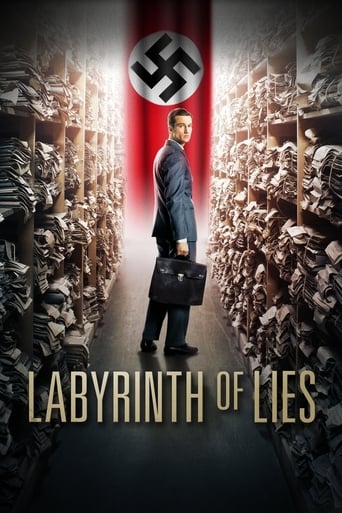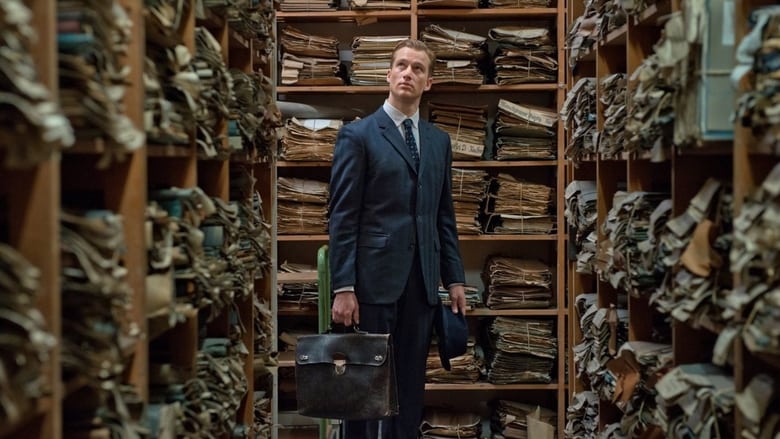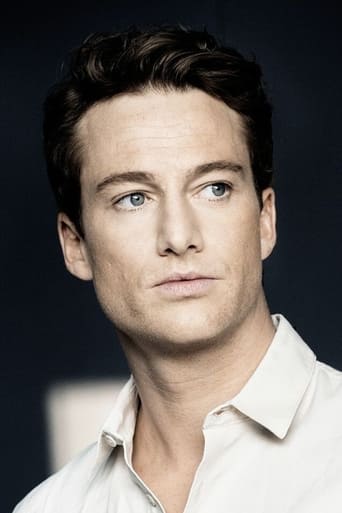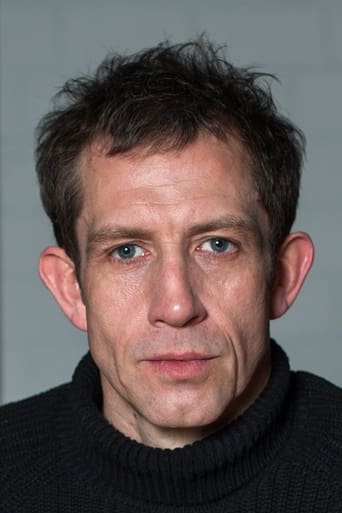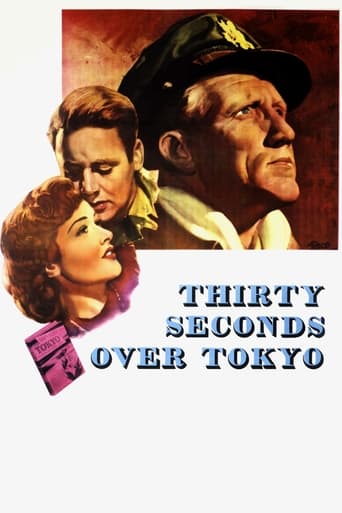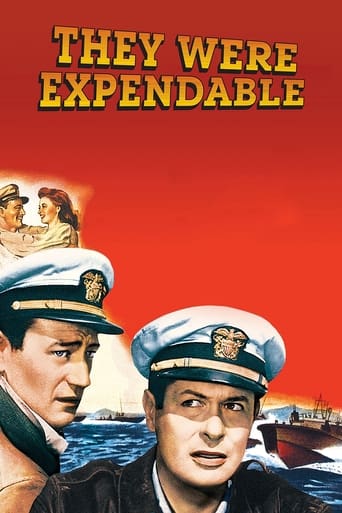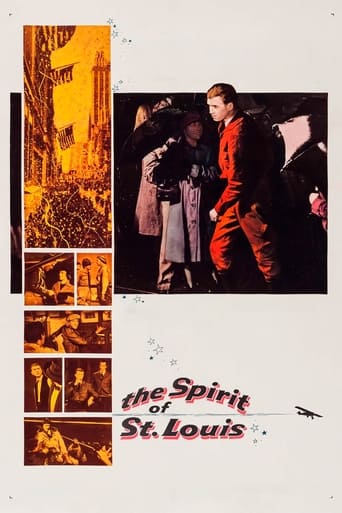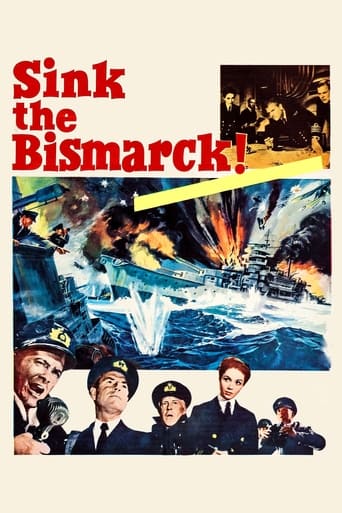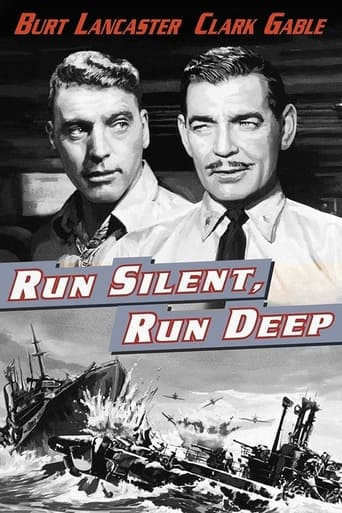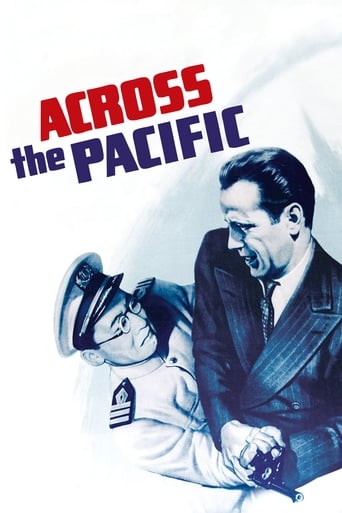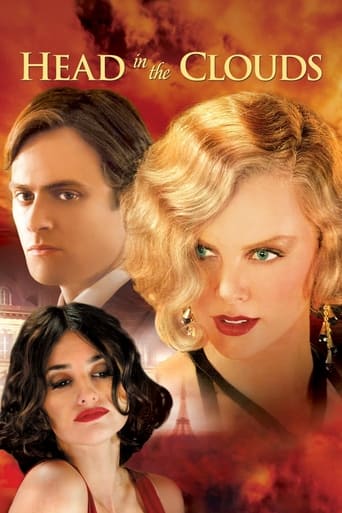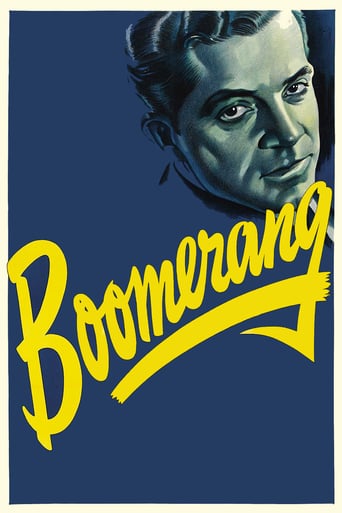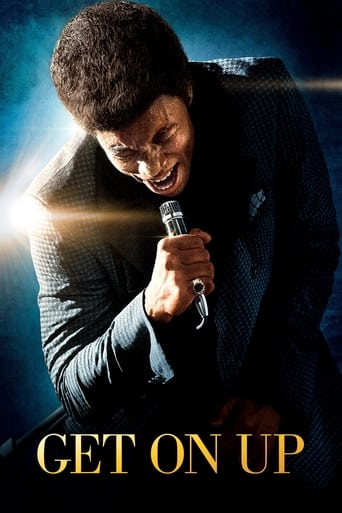Labyrinth of Lies (2015)
A young prosecutor in postwar West Germany investigates a massive conspiracy to cover up the Nazi pasts of prominent public figures.
Watch Trailer
Cast
Similar titles
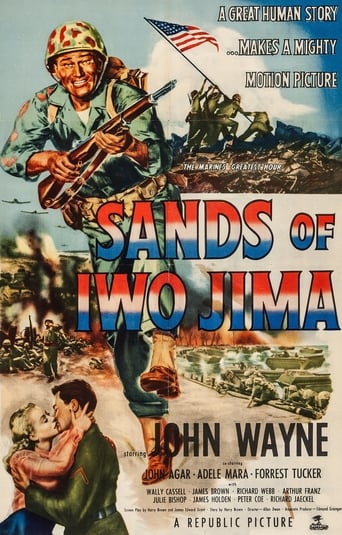
Reviews
Why so much hype?
So much average
Brilliant and touching
It's hard to see any effort in the film. There's no comedy to speak of, no real drama and, worst of all.
It's 1958 Frankfurt, West Germany. Johann Radmann is a young by-the-books prosecutor toiling in traffic court and believing his father to be anti-Nazi. Reporter Thomas Gnielka brings the case of Charles Schulz, a teacher suspected of being a Nazi guard in Auschwitz. Nobody cares about what happened there and actively ignores the collective Nazi past. He starts a relationship with Marlene Wondrak. Gnielka introduces him to camp survivor Simon Kirsch. Radmann starts digging into the past and building a case against many. His main obsession is camp doctor Josef Mengele who experimented on the prisoners.The history is very compelling. However, the story lacks danger or intensity. It needs some additional drama. There is some professional and personal drama but none of it is that intense. The production and acting is first rate. It is a very compelling watch although there are no big surprises.
Major Parker (Tim Williams). Originally in German in the movie (the American Major speaks German to Johann Radmann): "You were all Nazis. In the Eastern sector, now you are all communists. Jesus, you Germans! If little green men from Mars landed tomorrow, you would all become green".Finally a movie that shows the culpability of the common German people in the Holocaust! The Holocaust didn't happen just because of 4 Nazi psychos, but thanks to millions of ordinary men (90% of the Germans from 1940-41) who supported the Nazi ideology and happily collaborated in the massacres of millions of innocent men, women and children. By the way, two books that brilliantly demonstrate the collaboration of the vast and overwhelming majority of Germans in the gigantic Nazi killing machine are Rethinking the Holocaust, by Yehuda Bauer (a masterpiece) and Hitler's Willing Executioners: Ordinary Germans and the Holocaust, by Daniel Goldhagen.Im Labyrinth des Schweigens shows the fast oblivion in Germany of the atrocities committed by the Germans just 10 years after the liberation of the Nazi concentration and extermination camps, and the impunity millions of murderers enjoyed, people who tortured, massacred and gassed millions of Jews and non-Jews in the 1940s. Only very few Germans heard about Auschwitz before the famous Eichmann trial in 1961.Im Labyrinth des Schweigens focuses on the the period prior to the trials that took place in Frankfurt between December 20, 1963 and August, 1965 (called in German der Auschwitz- Prozess) against very few SS members who operated in Auschwitz. The trials were ridiculous and a spit on the 1,100,000 victims who were massacred and gassed in Auschwitz. From the 7,000 SS members who operated in Auschwitz during the war, only 22 dogs were judged at the Frankfurt Trials. Nevertheless, the attempt for a pinch of justice was important. From the 22 SS members, only 6 got life imprisonment, many got ridiculous sentences ranging from 3 to 10 years, and 5 were simply released.Im Labyrinth des Schweigens shows the extreme difficulty of judging the murderers because of the silence the Germans kept and their attempt to hide the truth.Im Labyrinth des Schweigens got many prizes (although none were extremely important) and it was the film that Germany presented for the category 'Best Foreign Language Film' (Oscars, 2016), although it was not nominated.I always believed that the only way Germans (and Austrians) have today to clean the blood their parents and grandparents spilled is to be deeply anti-Nazi. But how many Germans and Austrians are there today who are deeply anti-Nazi?"Schweigen" is "silence" in German. The correct translation of the title would be: "In the Labyrinth of Silence". In English the title has been poorly translated as Labyrinth of Lies.The best: the fact that the culpability of the German common pig in the Holocaust finally arouses.The worst: that even when the film shows Fritz Bauer (the judge who made the Frankfurt Trials possible), the character of Johann Radmann (brilliantly performed by Alexander Fehling) is fictitious.
Holocaust stories from Schindler's List (1993) to Son of Saul (2015) penetrate our emotional defences by dragging us right into the horror zone. In Labyrinth of Lies (2014) we are spared this entirely because the horror is of a different kind. The focus is on a nation in denial, desperate to block the collective memories of the generation responsible and prevent the following one from ever knowing. The historical timeframe depicted is critical to grasping the power of this story. Set in 1958 Germany, thirteen years after the war, the economy is booming but the nation's older generation struggle with guilt and anger while the young have not even heard of Auschwitz. Produced in Germany, this film is an illuminating piece of the historical puzzle and part of a nation's prolonged self-atonement.The storyline is linear and uncomplicated. A journalist recognises a former Nazi commander of Auschwitz now working as a schoolteacher, but he cannot elicit any interest from public prosecutors. He befriends young lawyer Johann Radmann who processes parking fines but is desperate to take on serious cases. Despite ridicule from colleagues he is made lead investigator and gradually learns about the secret killing factories of Auschwitz. The labyrinth he encounters is one of silence and lies, as large numbers of public servants and others in positions of power were former members of the Nazi Party and many were morally complicit in Hitler's Final Solution. Along the way, he becomes the obsessive hunter as the investigation keeps getting bigger until it is all- consuming. A romantic sub-story is awkwardly woven into the plot both to humanise Radmann and show the destructive impact that the investigation has on his life. The filming and sets convey the period with authenticity, and the directing is tight although the script is heavy. It takes almost the entire film to expose the full-scale truth, and the results of the investigations are dealt with swiftly as a cinematic necessity.No doubt some people watch Holocaust films for entertainment, but many more do so searching for understanding of this extraordinary period of history. Labyrinth of Lies is important because it fills the gap between war's end in 1945 and the world's slow awakening to what happened at Auschwitz. In particular, it explains how the truth was kept from young Germans oblivious to what their parents did in the war and shows powerful hands on the blanket of silence. Like Spotlight (2015), the story starts by looking at the tip of an iceberg that grew until it overwhelmed a nation and it maintains an engaging thriller quality to the end.
The original German title of Labyrinth of Lies is Labyrinth of Silence (Schweigens). It's an important distinction. A discrete (aka cowardly) silence may prove more evil and more conducive to evil than lies are. And lies are bad enough. Oddly, this German film marks the directorial debut of an Italian actor, Giulio Ricciarelli. Germany so embraced the film as to nominate it for the Oscars. As Italy was an Axis partner of the Nazis, the Italian director has his own national point to make. Indeed Germany stands in for any nation with a shame in its past it can either bury or confront. Set in 1958, the film records the difficulties that an artist, a journalist, a young prosecutor and a courageous district attorney overcame to bring 19 former Auschwitz SS officers to justice. Of the 19, 17 were convicted but none expressed remorse. The trial made a complacent and ignorant public aware of what "Auschwitz" meant, the horrors committed there and its guilty perpetrators, now free and thriving in the new Germany. Of course, unlike Austria, Germany since then undertook an intensive, painful examination of its Nazi past. The film reminds us that the nation's current sense of responsibility was a hard- fought campaign. The social and political establishment was determined to bury its horrid secrets, to leave its criminals unpunished, in the name of moving forward. But as the DA insists, democracy is poisoned not by exposing its secrets but by burying them. Expediency rarely proves moral.Here the historic film reflects upon the present Germany. Angela Merkel is undertaking a tightrope act, admitting hundreds of thousands of Muslim refugees yet trying to preserve Germany's modern culture. Offering the refuge is generous, but the attendant problems should not be buried in silence. The refugees bring along a new antisemitism, a new sapping of social and economic resources, a new threat to the nation's culture and identity. Dealing with this challenge requires the openness and courage that confronting the nation's old Nazis did. The heroic young prosecutor Johann Radmann begins as a young traffic case handler with a firm sense of justice and a willingness to invest himself in justice. That's why he insists the young woman pay the mandated fine but gives her the money to make it. The handsome young Aryan is a proper image of modern Germany confronting its past.As he pursues the investigation into the Nazis' buried past, his external obstacles are joined by some personal ones. His boss scolds him for single-mindedly pursuing Mengeles instead of prosecuting the lesser villains he can. For justice Radmann still has some ego to rein in. The files so overwhelm him they leave barely enough room on his single bed to admit his new girlfriend, Marlene. That she's the girl he initially bailed out at court proves that virtue is sometimes not its only reward. That she becomes a dressmaker for the rich ex-Nazis' wives represents the country's restyling of itself, with willful denial of its past. The women like the economy flaunt a pretty front to hide its ugly source.Radmann destroys this relationship when he confronts Marlene with her father's Nazi past. She suspects enough when she recoils in disgust from his monthly drunken songfests with his old army buddies. But the full cruel truth drives her away. When she later brings Radmann his patched but irreparable jacket, she's suggesting the possibility of redemption not just in their relationship but in Germany. The German drinking song contrasts to the young peoples' German versions of US rock'n'roll (e.g., "Tweedle Dee Dee") and the haunting strains of a ghostly Hebrew prayer.Radmann also alienates himself from his journalist friend for having been a passive 17- year-old at Auschwitz. At their artist friend's insistence they reunite to say Kaddish on the artist's behalf at that site. As with Marlene's father, Radmann must learn that people are imperfect, that circumstances can contaminate them. Radmann briefly leaves the trial project when he learns his own father was a Nazi party member. "All the lawyers were," he's told, but he can't bear his disillusionment with the man he'd revered. Redemption means that even the flawed can seek justice. We can't expect purity. "The lesson of Auschwitz is that we have to do the right thing."The campaign begins when an artist recognizes a schoolteacher as an Auschwitz guard. The police and school officials decline to punish him, with various excuses. Radmann's insistence that the SS guard should not be teaching children is borne out in the arrest scene. There he's separating his charges into two lines, right and left, as he separated the Jews at Auschwitz into lines either for work or to be gassed. He hits a student in the head for confusing his direction. Unchecked evil only repeats itself.Radmann is briefly tempted to abandon his quest for justice for a rewarding career in corporate law. Behind his new boss's desk is an abstract painting, like a horizontal Rothko, where a vast black dominates a gray side, an emblem of the company's morality. He recoils at having to work with the scumbag who tried to free the teacher. Before Radmann can return to his idealistic mission he has to rediscover humility and the moral compass he had briefly lost. To err is human, to pursue even an imperfect justice the best we mortals can do.
